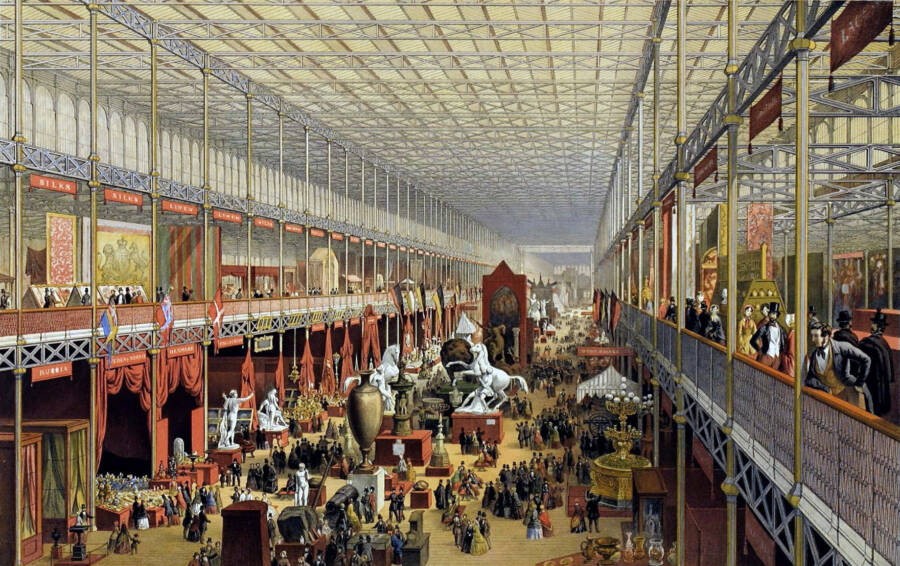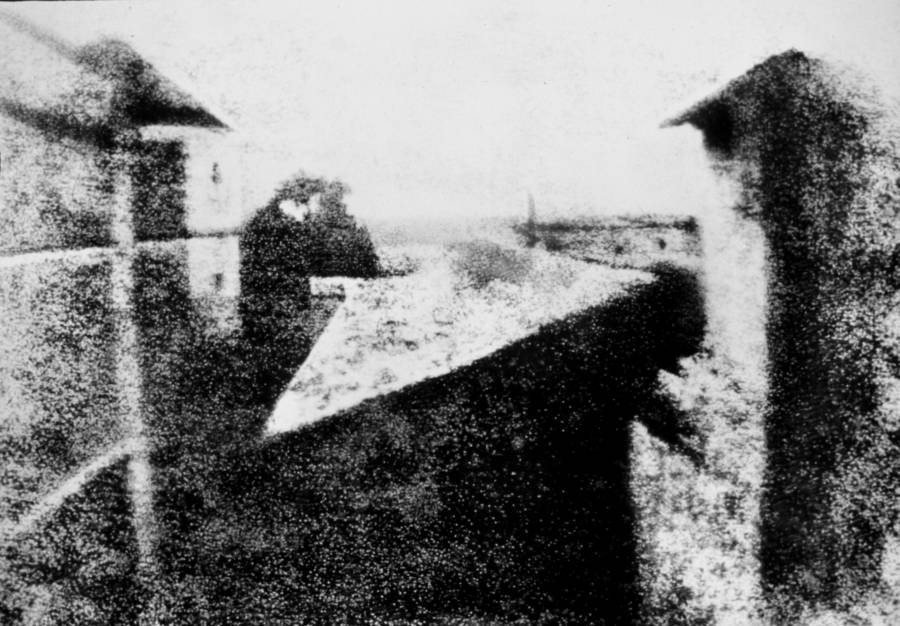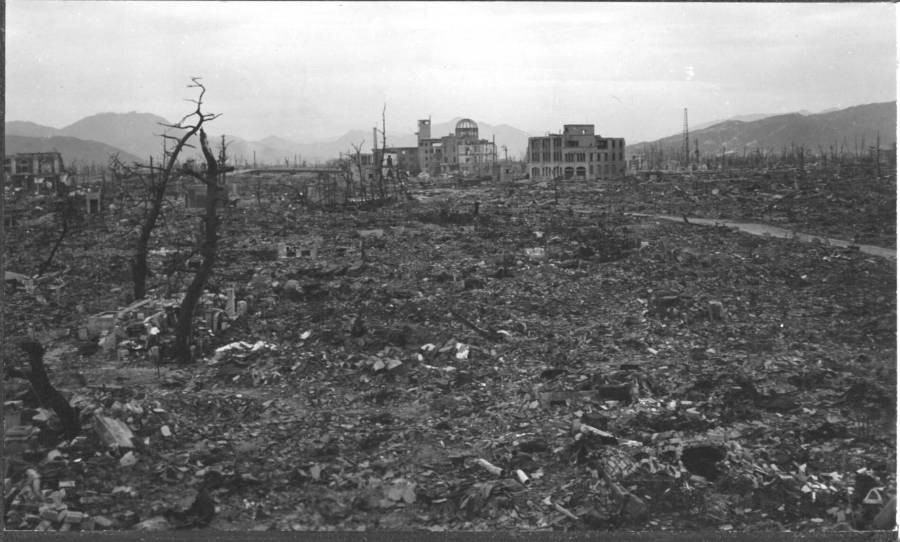views

Today, Fanta is one of the most popular, globally recognized soft drinks and certainly represents one of Coca Cola’s most successful products. However, most people may be shocked to hear about the beverages murky, historical origins around the time of the Second World War.
According to Mark Pendergrast in his book, “For God, Country and Coca-Cola,” (1993) the story of modern day Fanta began in 1923 when Robert Woodruff had just been elected president of The Coca-Cola Company. He had big ambitions for finding a global market for the company and dreams of expanding the brand and building success overseas. As hard as it is to believe, at the time, Coca Cola was far from the universally recognized international brand that we know today.
Coca-Cola rapidly expanded throughout Europe and the future success of the German branch was originally under the responsibility of Ray Rivington Powers.
Under Power’s guidance Coca Cola sales skyrocketed in Germany but after his untimely death he was replaced by Max Keith, a 30-year-old German. He too had big plans for the success of the product in his home country. Hitler’s ascendancy ushered in a new dawn for Coca Cola under the reign of the Third Reich. Little did he know that he would later become the founder of Fanta.
Up until this point Coca Cola’s main operational Headquarters in the United States, still led by Robert Woodruff, had done little to discourage the proliferation of the brand under Nazi Germany. In fact, the brand was so popular that it became one of the official sponsors of the 1936 Olympics in Berlin. Posters and public advertising widely featured the Coca-Cola logo beside the swastika.
However, as the war intensified and the United States finally entered after the devastating attack on Pearl Harbor, the future of Coca Cola in Germany looked bleak. After all, the company could not been seen providing soft drinks to the enemy in times of war.
As the vast majority of international companies ceased operations in Nazi Germany Max Keith was devising a Plan B to ensure that the Third Reich would still be able to enjoy soft drinks. Without readily available imported ingredients, namely the syrup used in Coke, this task became a truly arduous endeavor.
Working around the clock with teams of pharmacists and chemists, Keith oversaw several concoctions that were all horrendously unpalatable. After much trial and error he struck upon a drink that was made from the leftovers and scraps from other produce markets. This by product of cheese curdling, apple cores and beet sugar had miraculously resulted in a drinkable, translucent liquid.
It is reported that the name Fanta was derived from the success of actually creating a drink that at one point was stuff of pure fantastisch, or ‘fantasy’. The origin of the name is still widely disputed but it seems likely that it originated in that eureka moment when Max Keith knew he had struck gold.




















Facebook Conversations
Disqus Conversations